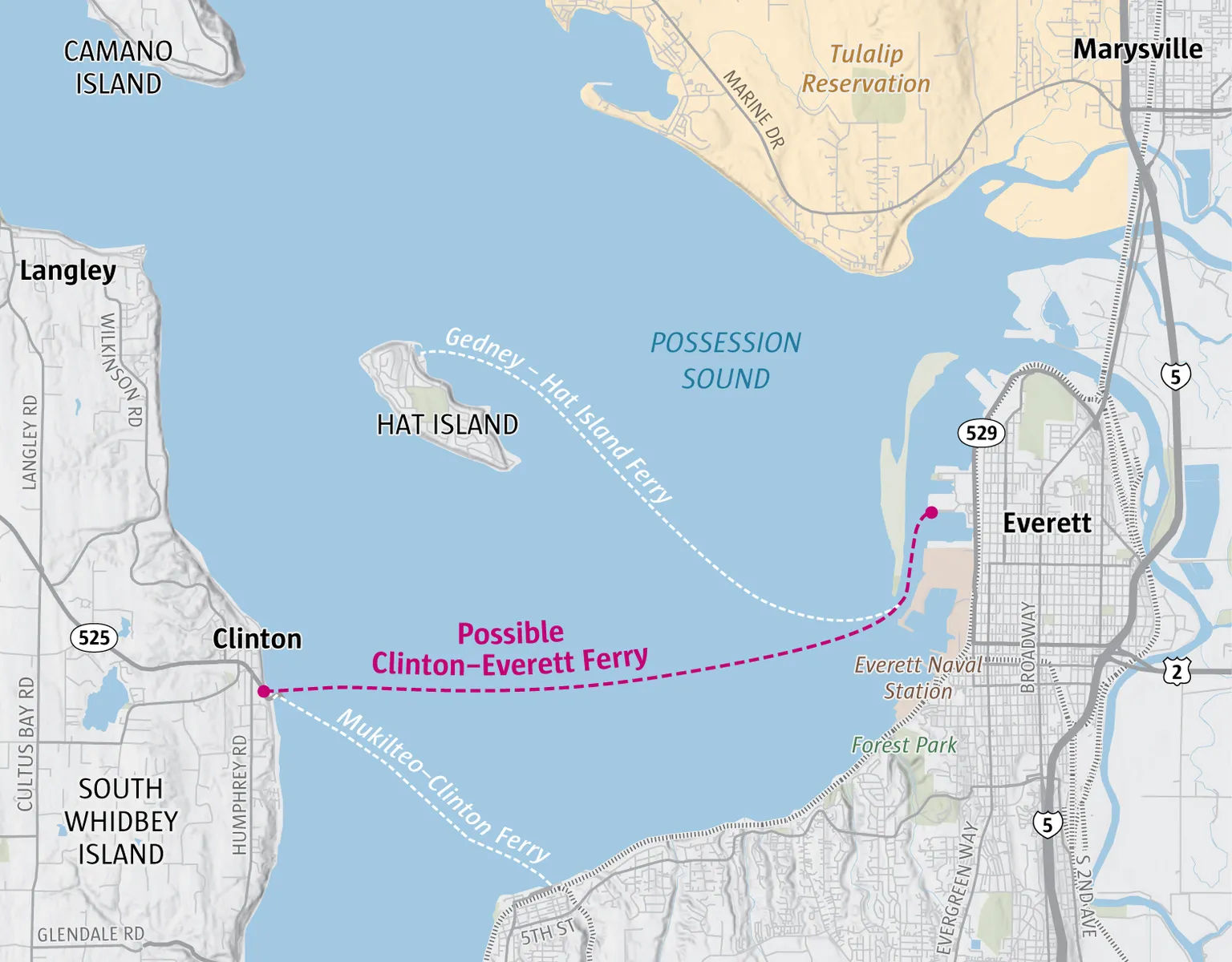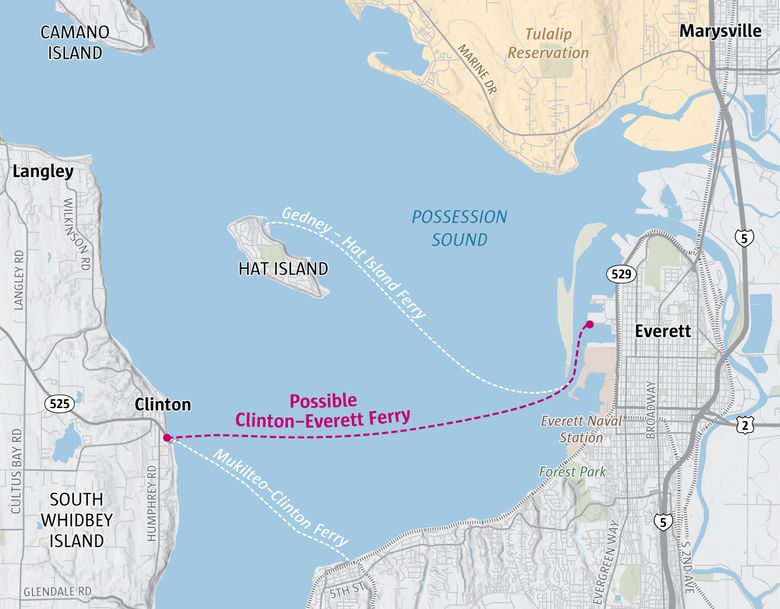“Will the owner of a silver SUV please return to your vehicle and secure its car alarm?” Riders of the Washington State Ferries hear such announcements on many crossings. But an increasing number of passengers across Puget Sound never do. Their boat is too small to carry a car.
Increasingly popular passenger-only ferries to places like Kingston, Bremerton and Vashon Island have served as vital lifelines stepping in for the deteriorating car-carrying state service in the last half-decade. This year, Rep. Greg Nance, D-Bainbridge Island, has introduced a bill that builds on the success of these nimbler watercraft and creates possibilities for them elsewhere. Lawmakers should pass it.
House Bill 1923 has two important facets. First, it empowers local communities, including port districts, to stand up their own ferry districts and unlock new possibilities for residents to cross waterways without a car. Second, it creates a state pot of funding to help those communities pay for their fledgling service.
At a time when any new state car ferries are more than three years away from service, Nance argues smaller “foot” ferries are “the fastest and cheapest way to put boats in the water.” Already, the state is subsidizing King and Kitsap foot ferries to increase service.
Leaders of ports, cities or counties could ask voters to bump the local sales tax to fund a ferry service, as voters in Kitsap County did through an existing state law in 2016 to create three new routes to Seattle. Nance’s bill allows for multijurisdictional collaboration, while still giving voters the final say on any such proposal.
Nance’s statewide approach envisions potential routes traversing Grays Harbor, within the San Juan Islands and across the Columbia River. Especially promising is a direct passenger ferry from South Whidbey Island to the Port of Everett’s marina.
The ingredients of this new service were brewing before pandemic-era surges in cancellations befell the state service between Clinton and Mukilteo, the state’s busiest for motorists. The Port of South Whidbey is replacing a dock at Clinton and adding charging capabilities for clean electric ferries; Island County already operates free and frequent buses to the existing state ferry terminal.
Meanwhile, the Port of Everett’s commissioners have discussed replacing a dock that could accommodate ferries as well. And nearby residents of the private Hat Island community already have a ferry and could be included in planning.
“We just need some funding,” said Port of South Whidbey Commissioner Jack Ng, a supporter of Nance’s bill.
Rep. Jake Fey, D-Tacoma, chair of the transportation committee, acknowledged a tough road for the bill, given a billion-dollar budget hole for statewide construction projects over the next two years. Nonetheless, he should vote to move the bill forward. Why? Even if little goes into the pot for fast ferries initially, it gives lawmakers and local communities alike new options to explore ferry possibilities, where there currently is none.
In fact, Nance’s bill could help create a contingency on upcoming bids for the state ferries’ hybrid-electric vessel procurement. Should bids from the three shipyards prove too costly for lawmakers, funds could be diverted to support local passenger ferry routes — a potential life ring buoy in a time of uncertainty.





